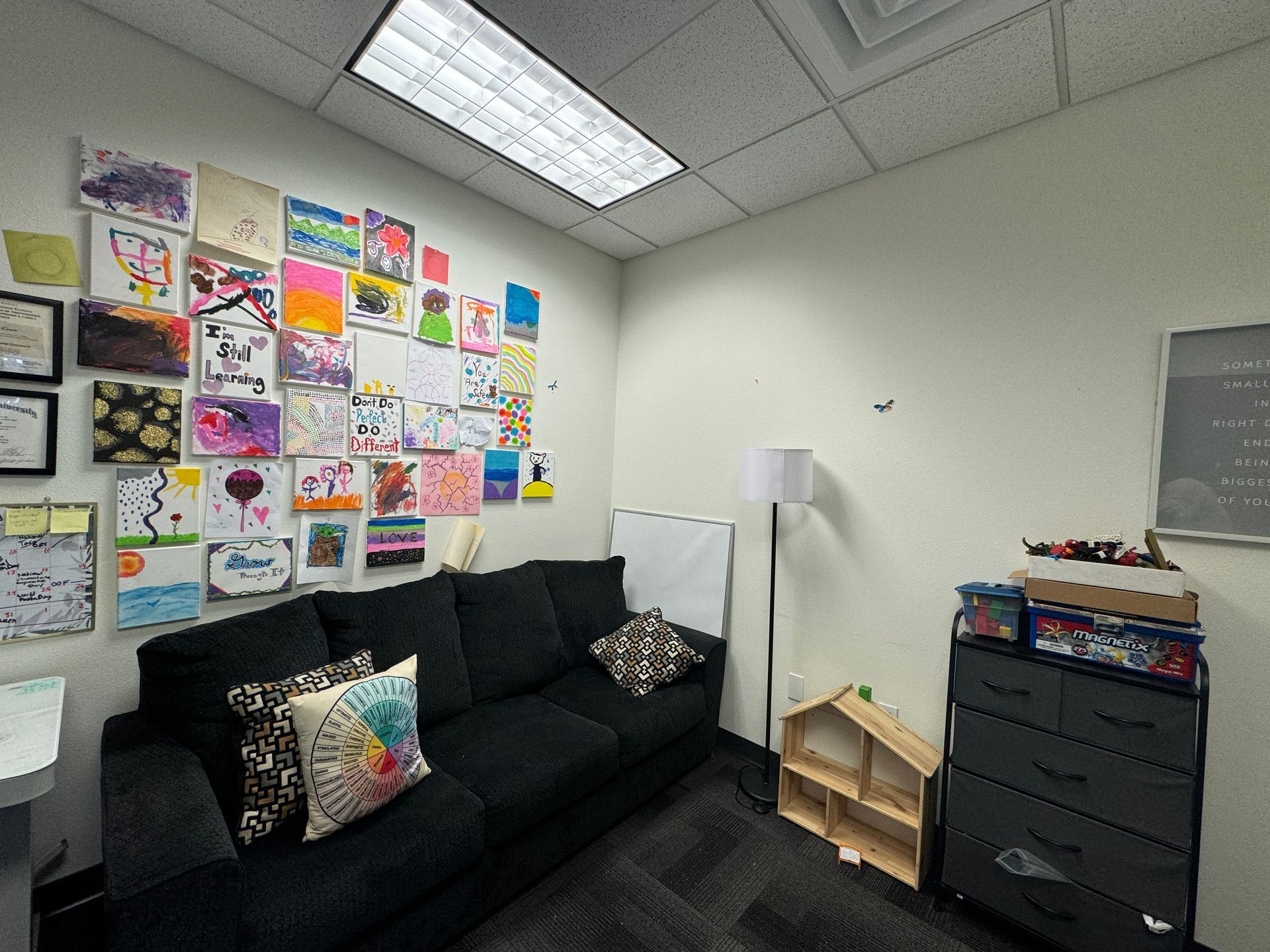Wraparound
Wraparound is an intensive care coordination process designed for youth involved in multiple systems (e.g., behavioral health, education, child protection). It brings together a team of people selected by the youth and family to build a single plan of care based on their strengths, needs, and goals.

Core Principles of Wraparound
Family Voice and Choice: Youth and families are at the center of the planning process, making decisions based on their values and preferences.
Team-Based Planning: A committed team of individuals, chosen by the family, works together to support the youth’s goals.
Natural Supports: The team includes people from the family’s community and daily life, not just professionals.
Collaboration: All team members share responsibility for developing, implementing, and evaluating the Wraparound plan.
Community-Based Services: Services and supports are provided in the most inclusive, least restrictive settings possible.
Cultural Competence: Plans and services respect and reflect the cultural backgrounds of the youth and family.
Individualized Care: Every plan is customized to fit the unique needs, strengths, and circumstances of the youth and family.
Strength-Based Approach: Planning focuses on what is going well and builds on existing strengths.
Unconditional Commitment: The team does not give up, regardless of challenges or setbacks.
Outcome-Based Goals: Progress is measured by meaningful improvements in the youth’s life, with plans adjusted as needed.
Phases of Wraparound
1. Engagement & Preparation:
Engage youth and family, invite team members.
2. Initial Plan Development:
Develop the Plan of Care and Crisis & Safety Plan.
3. Plan Implementation:
Monitor progress, make adjustments.
4. Transition:
Create a transition plan and celebrate success.
Who Is Involved
Every Wraparound team is unique and family-driven. No single role has more authority than another.
- Youth and families identify who they want on their team.
- All members (providers, natural supports, educators, etc.) take an active role.
- The care coordinator facilitates the process, but the family leads.
Access & Eligibility
Eligibility Criteria:
- Youth under 18 (up to 21 if needed)
- CANS overall score of 2 or 3
- Youth and family want to engage in the process
- Must benefit from intensive coordination or haven’t improved with current services
Multi-System Involvement Required:
- Behavioral health + at least one of the following:
- Juvenile court
- Child Protection Services
- IEP or 504 plan, or academic concerns
- Chronic or physical health conditions
- Developmental or intellectual disabilities
Wraparound may be especially appropriate for families facing:
- Risk of disrupted placement
- Frequent hospitalizations or intensive treatment
- Loss of school or daycare placement
- Environmental stressors impacting daily life
- Transitioning home from a higher level of care
Benefits of Wraparound
- Builds true partnership between families and providers
- Reduces need for costly out-of-home placements
- Integrates all services into one coordinated plan
- Promotes accountability, safety, and positive outcomes
- Lessens the burden of repeating the family story to multiple providers
